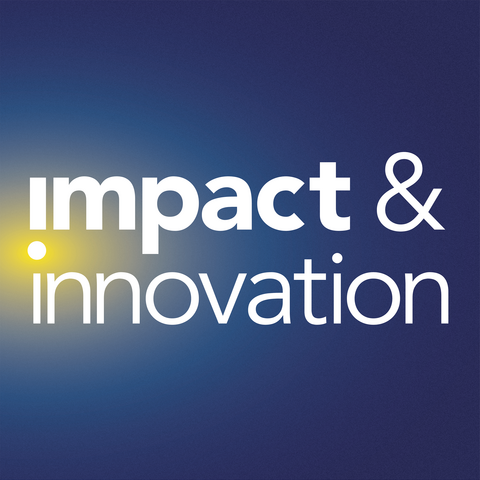Social Impact
The Funding Crisis Facing Nonprofits
We talked to Andrea Levere ’83 and Alexandra Sing ’20, CEO and COO of Capitalize Good, about the state of the social sector and the increased urgency of their work working with funders and nonprofits to move toward a model of stable, long-term capital.

Can Mobile Money Boost Financial Inclusion in Southern Africa?
Linda Du ’19, an MBA student at Yale SOM, traveled to Zambia, Malawi and Mozambique to talk with providers, customers, and others about the technology’s potential.

How Can Philanthropy Do More Good?
Aaron Dorfman of the National Committee for Responsive Philanthropy argues that foundations need to re-think their strategies and tactics.
Perspective: The Philanthropist
How can philanthropy contribute to regional economic development in Appalachian Ohio? Cara Brook explains the sector’s critical role in retaining wealth and enabling local initiatives.

Can Technology Transform the Nonprofit Sector?
Nonprofits compete too. Could technology offer a means to improve performance, innovate, and deliver on mission?

Neal Keny-Guyer ’82 on Serving Humanitarian Needs in Conflict Zones
Neal Keny-Guyer ’82, the CEO of Mercy Corps, on negotiating with extremist groups to provide humanitarian relief in conflict zones.
Can Legal Cannabis Drive Racial and Economic Justice?
Ebele Ifedigbo ’16, co-founder of The Hood Incubator, discusses how the legal cannabis industry can be a tool for repairing damage done to communities of color by the war on drugs.
Nancy Pfund ’82 on Tradeoffs in Impact Investing
Impact investor Nancy Pfund ’82 discusses the tradeoffs that inevitably occur when you try to put values into practice.
Can a Bus Ticket Prevent Seasonal Hunger?
Could something as simple as a bus ticket keep hundreds of millions of people from going hungry in the months between planting and harvest?

Can Social Enterprise Power Africa?
Two thirds of sub-Saharan Africa doesn’t have access to reliable power. Nate Heller ’09 explains the innovations that allow his social impact company to bring solar power to West Africa.

Can a Farming Startup Help End Extreme Poverty?
Smallholder farms in developing countries haven’t benefited from the tech revolution. Can a startup offer a private-sector solution to extreme poverty?

